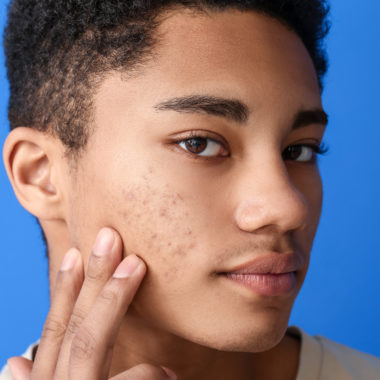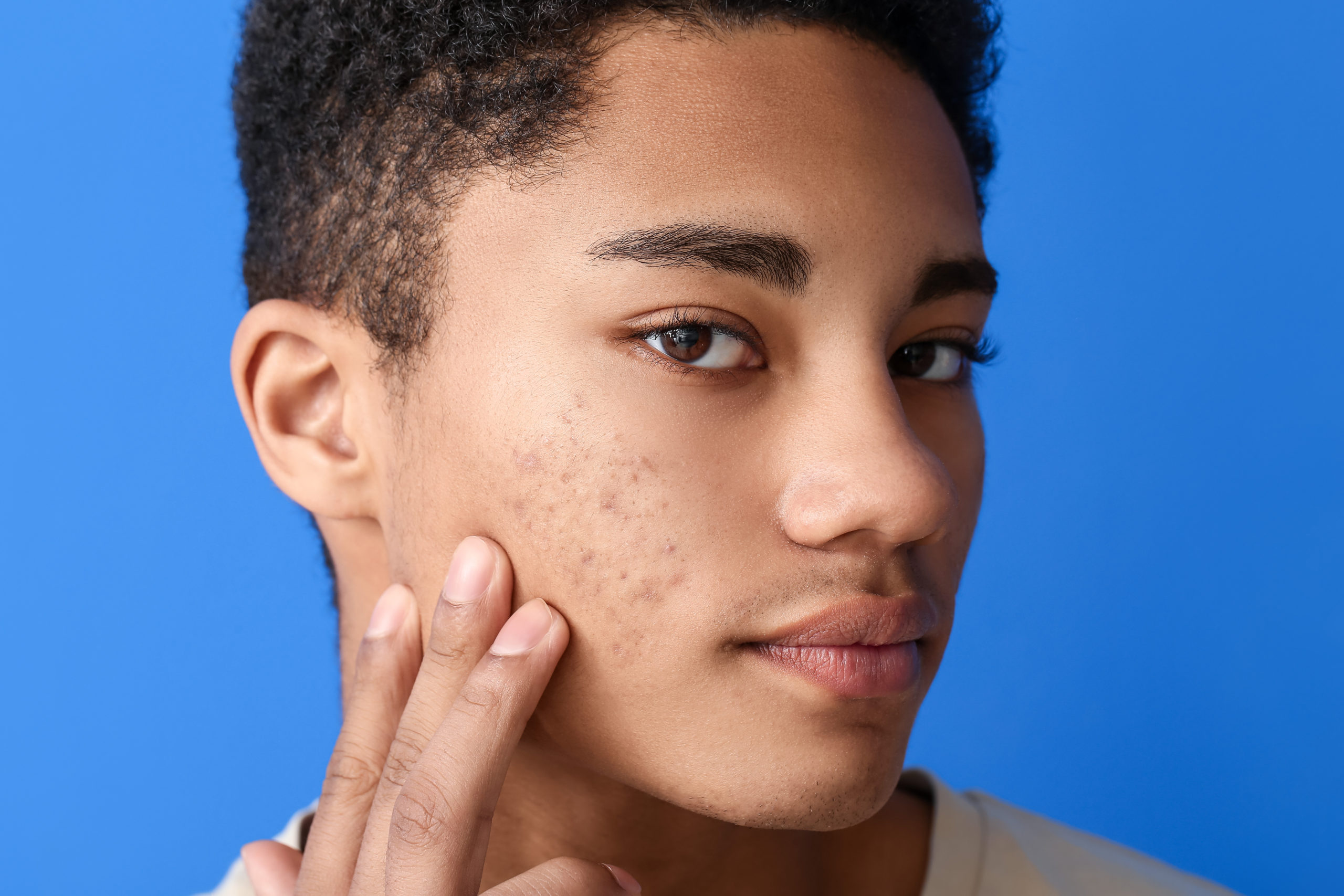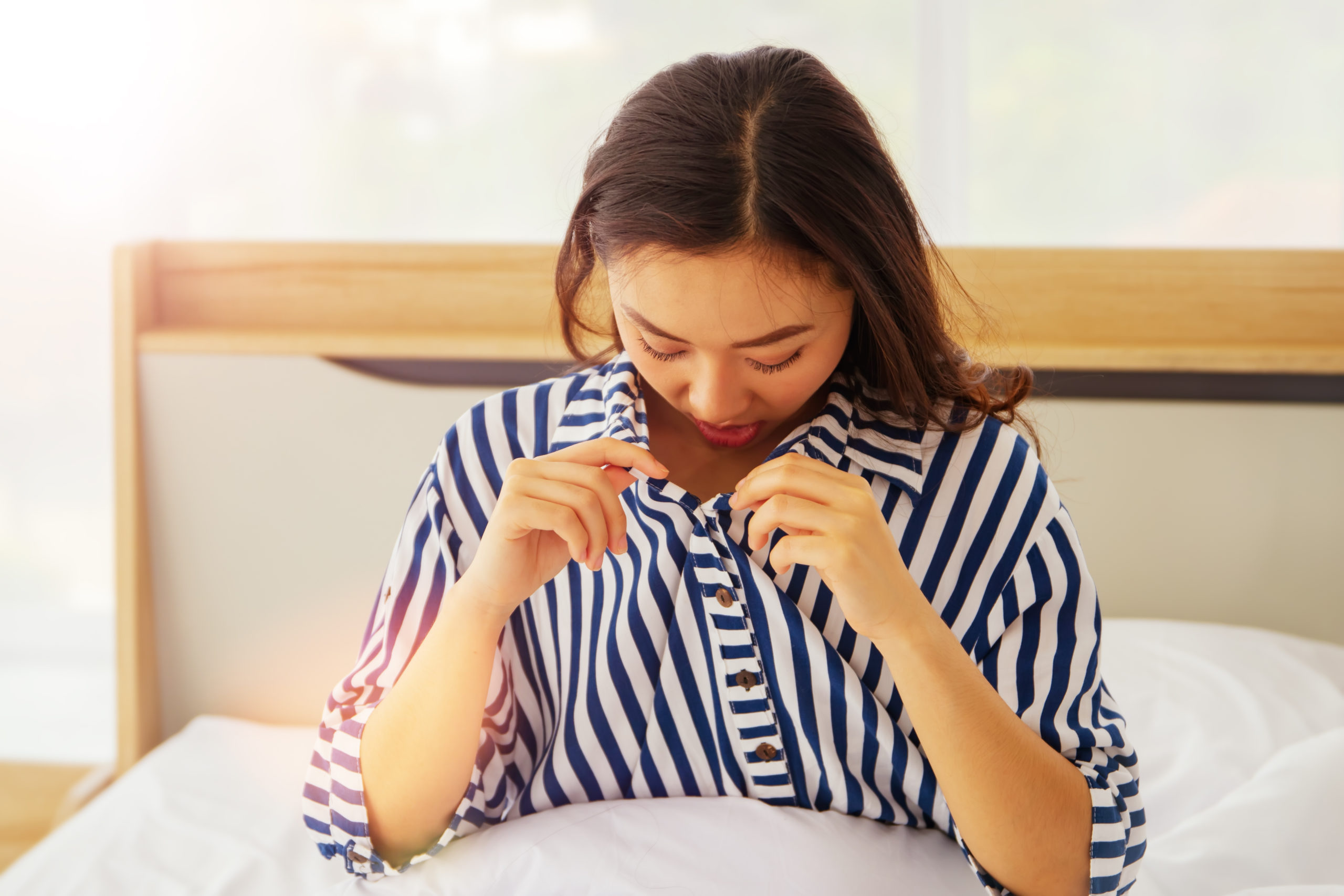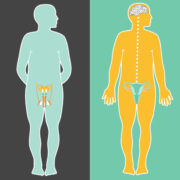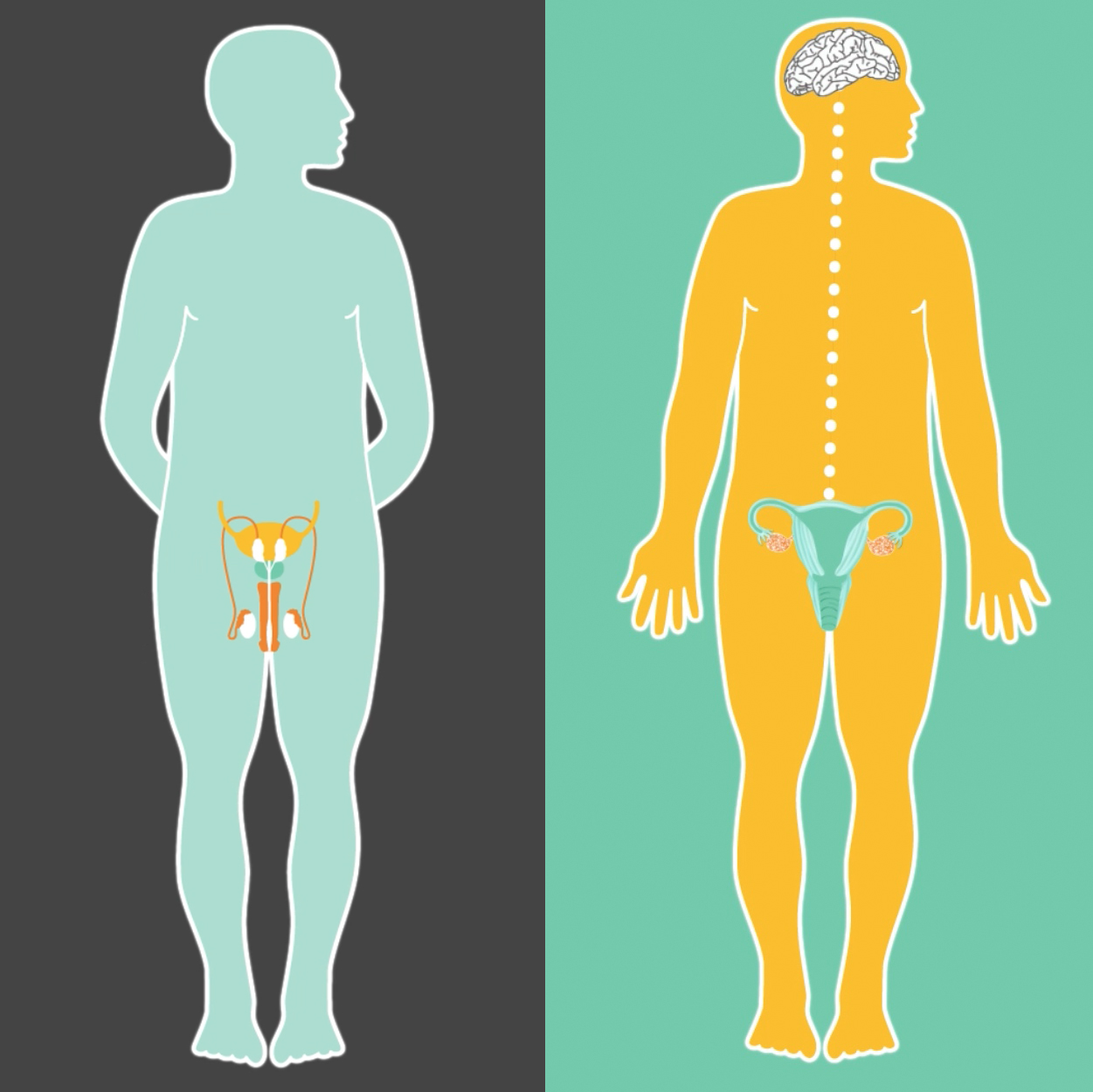Acne are bumps formed on the top of the skin. These bumps are often referred to as pimples, zits, whiteheads, and blackheads and are usually caused when the pores of the skin are clogged by dead skin cells, bacteria, and sebum. Pimples (acne) can be found on any part of the body and are common on the faces of young people during puberty. Pimples can also occur during adulthood.
Some young people are more concerned about these bumps than others. Whether you are concerned or not, there are healthy habits a person can follow to help keep their skin healthy.
Tips for Healthy Skin
- Wash your face upon waking up, after exercising and doing sports, and before going to bed. Some people choose to use a washcloth.
- Try not to touch your face with your hands during the day.
- Try not to pick or pop pimples, especially the ones that are deep in the skin.
- Check out over-the-counter products found at a local drugstore. These are often applied to the surface of the skin after your face is washed (yet test any product overnight on your forearm first).
- Talk with a medical professional or dermatologist if you want additional help.
- Remember that truly healthy skin comes from within. Hydrate your body every day with at least 8 glasses of water per day.
- Keep in mind that a healthy diet will also help you look and feel your best. A super-skin-saving diet minimizes saturated fats and high glycemic foods. Dairy and gluten can also trigger acne for some people. Avoid overeating dairy and sugar products- these can spike our hormones sometimes causing more oils.
- Stay aware of how your body feels after consuming certain foods and make sure to get enough nutrient packed fruits and vegetables that your skin needs to repair and renew.
To learn more about acne and learn tips on how to manage it, visit the Skin Care & Acne page in BLOOM’s Healthy Body section.

